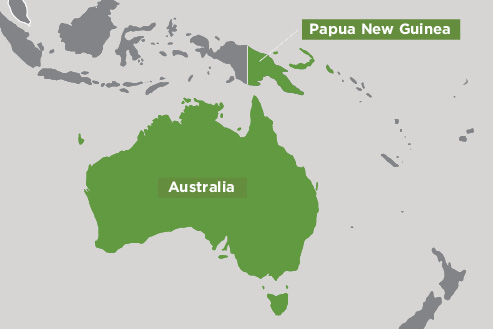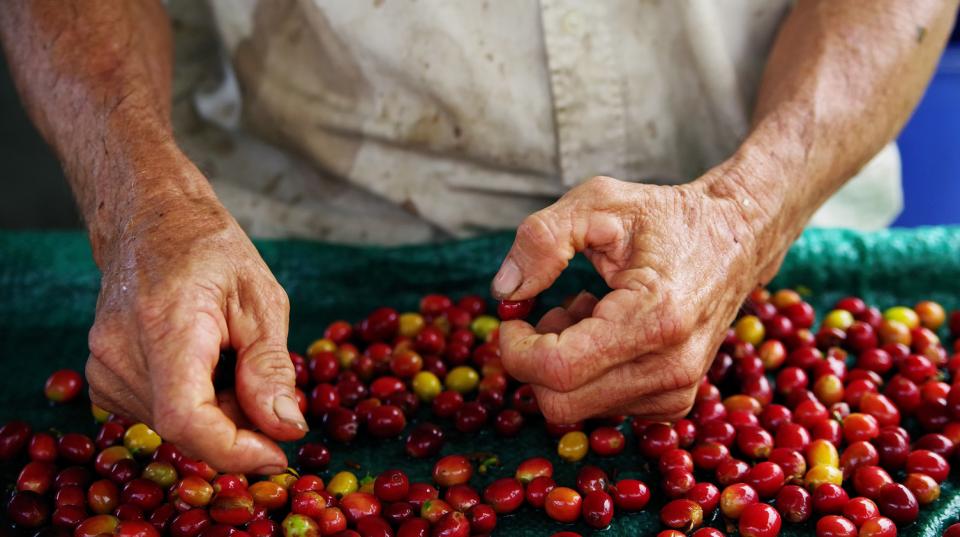Overview
This project aims to limit Coffee Berry Borer damage and protect the coffee industry by managing Coffee Berry Borer infestations with world’s best practices and to find long-term sustainable IPM solutions.
Coffee is one of the most important crops in Papua New Guinea and is a major source of income to more than 2.5 million people. Until recently, PNG was free of Coffee Berry Borer; however, it has now entered highlands coffee production areas and could potentially have a major impact on the livelihoods of millions of rural families and their communities. The Coffee Berry Borer is currently absent from Australia but poses a significant biosecurity threat.
The project will assemble several consultants and experts from other countries that have been affected by Coffee Berry Borer. A review panel will evaluate the current management and control methods and determine what is working, what areas need further work, then make recommendations as to what changes can be adopted immediately and what can be adopted from other countries or other cropping systems. From this review, a recommended best management practice package will be delivered for immediate implementation to selected extension teams and farmers. This package will be monitored and reviewed throughout the project, with updates based on farmer success/failures and research outcomes. The review panel would also identify research priorities and recommend what can be achieved within the project timeframe and budget.
Expected project outcomes
- Delivering best management practices and building institutional and farmer capacity.
- Delivering biological and chemical control solutions.
- Improving monitoring, cultural control and agronomic practices.
Summary of outcomes to date
2021-22
Progress has been made towards delivering best management practices for CBB. This has including setting up seven large on-farm scale demonstration trials (and controls) throughout the coffee growing areas of PNG. Baseline data has been collected from these sites for the first “untreated” season and the IPM has now started. A pamphlet outlining the best bet package has been further developed and three factsheets have been drafted. A CBB extension training manual is being developed in collaboration with Curtin University (ASEM/2016/100). Three CBB IPM training events were completed in Jiwaka area, two of these workshops trained 20 small holder farmers and one workshop trained another 25 workers from larger plantations.
Progress has been made in developing biopesticides in both PNG and Australia. In PNG a number of endemic Beauveria samples have been isolated from CBB. Laboratory bioassays of local Beauveria strains against CBB and other crop pests were evaluated, and a suitable fungal strain selected. Small scale mass production techniques were developed. Field trials have started and are ongoing. In Australia bioassays have tested the virulence and formulations of Beauveria and Metarhizium fungal strains against fall armyworm, Banana Spotting Bugs and Queensland Fruit Fly. Trials have tested various methods of small-scale production of spores and mass production methods for Metarhizium rileyi are under investigation. Caged trials have started with Beauveria against BSB and fruit fly and field trials of M. rileyi against FAW. Pilot trials were conducted on developing fungal wicks to be used in lure and kill technologies.





